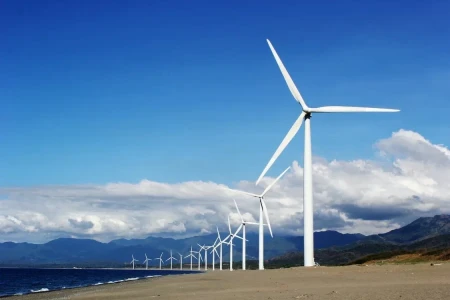Whales Helping Uncover Climate Change Secrets

Whales, the majestic giants of the ocean, have long captivated human imagination. Beyond their grandeur, these marine mammals are now providing scientists with invaluable insights into climate change, offering a unique perspective on the health of our planet.
Whales as Climate Change Indicators
Whales are not just passive inhabitants of the ocean; they are active participants in its ecosystems. Their behaviors, migration patterns, and health can serve as early indicators of environmental changes. By studying these aspects, scientists can gain a clearer understanding of the impacts of climate change on marine life.
Migration Patterns and Climate Change
Recent studies have observed significant shifts in whale migration patterns, often linked to changing ocean temperatures and food availability. For instance, a humpback whale was recorded making one of the longest migrations ever documented, possibly driven by climate change. This unusual journey, spanning over 8,000 miles, underscores the adaptability of whales but also highlights the challenges they face in a rapidly changing environment.
Whales and Carbon Sequestration
Whales play a crucial role in the ocean's carbon cycle. Their massive bodies store significant amounts of carbon, and their movements help transport nutrients that stimulate phytoplankton growth. These tiny organisms absorb carbon dioxide during photosynthesis, effectively sequestering carbon in the deep ocean. This natural process aids in mitigating climate change by removing CO₂ from the atmosphere.
Impacts of Climate Change on Whale Populations
While whales contribute to carbon sequestration, they are also vulnerable to the effects of climate change. Rising ocean temperatures and acidification can disrupt their feeding and breeding grounds, leading to malnutrition and decreased reproductive success. For example, the North Atlantic right whale has experienced significant population declines due to climate-induced changes in prey availability and habitat use.
Conservation Efforts and the Role of Science
Understanding the intricate relationship between whales and climate change is vital for conservation efforts. Protecting whale populations not only preserves biodiversity but also enhances the ocean's capacity to absorb carbon dioxide. Ongoing research and conservation initiatives are essential to mitigate the adverse effects of climate change on these marine mammals and, by extension, on global climate patterns.
Whales are more than just magnificent creatures of the sea; they are integral to the health of our planet. By studying their behaviors and roles in the ecosystem, scientists can uncover critical information about climate change and develop strategies to protect both whales and the environment. As stewards of the ocean, it is our responsibility to ensure that these majestic beings continue to thrive, serving as both indicators and contributors to a healthier, more sustainable world.









